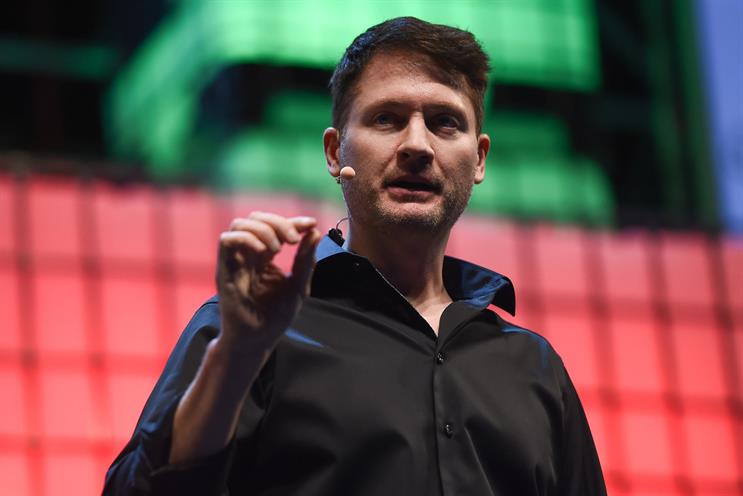Many tech conferences, including the recent Web Summit in Lisbon, focused on a wonderful worldview: an AI-driven future where the ordinary becomes extraordinary.
Yet, much of the discussion at the Web Summit focused on the need for AI regulation and the potential problem of bias in data and programmers leading to worrisome events. Both Elon Musk and Stephen Hawkins have voiced concerns that AI will most likely bring about the end of humanity. There have been growing concerns over algorithms used by Facebook and Google and their impact on fake news and political outcomes.
Regulating AI, however, is a complicated and delicate subject matter. When people think of regulation they think of restriction. When electricity and the internet were first invented there was no way to conceive how they would be used in today’s world. The potential of AI to positively impact our lives and our planet is immense. We can’t allow developments to run amok and common sense should prevail letting companies operate within the law, which should remain under review.
However, recent advances have made it clear that AI must have a moral code. For example, a self-driving car might need to make a snap decision between killing a child on a bike versus crashing into an oncoming car or a tree. Each solution comes with a problem which could result in death.
The question of morality came up at the launch event when Bryan Johnson presented his ambition for his newly formed company, Kernel [see main image]. The primary aim of Kernel is to develop technologies to understand and treat neurological diseases in new and exciting ways. They will then interpret the brain’s complex workings to create applications aimed towards cognitive enhancement.
He talked about the responsibility man had to take control of his own evolution to prepare for the ‘hurricane of change’ that is about to land through technological advances. His predictions included humans downloading their emotions, secrets and imaginations into a private blockchain through cognitive interfaces developed by his company.
Having the ability to expand our consciousness, delete memories and give ourselves greater strength or powers through such cognitive interfaces would see the human race not only take control of their evolution but push it to some pretty extreme outcomes.
The question that jumps to my mind first is what role, if any, does morality play in his future? How does Kernel’s future impact the already alarming gap between the haves and have-nots? Lastly, at what point do these visionaries have to answer to the wider community, how does that relationship work without stemming progress and who represents the real wider community today anyway, as I wouldn’t bet on it being Governments.
Justin Cross is head of Blink Innovation at Mediacom


